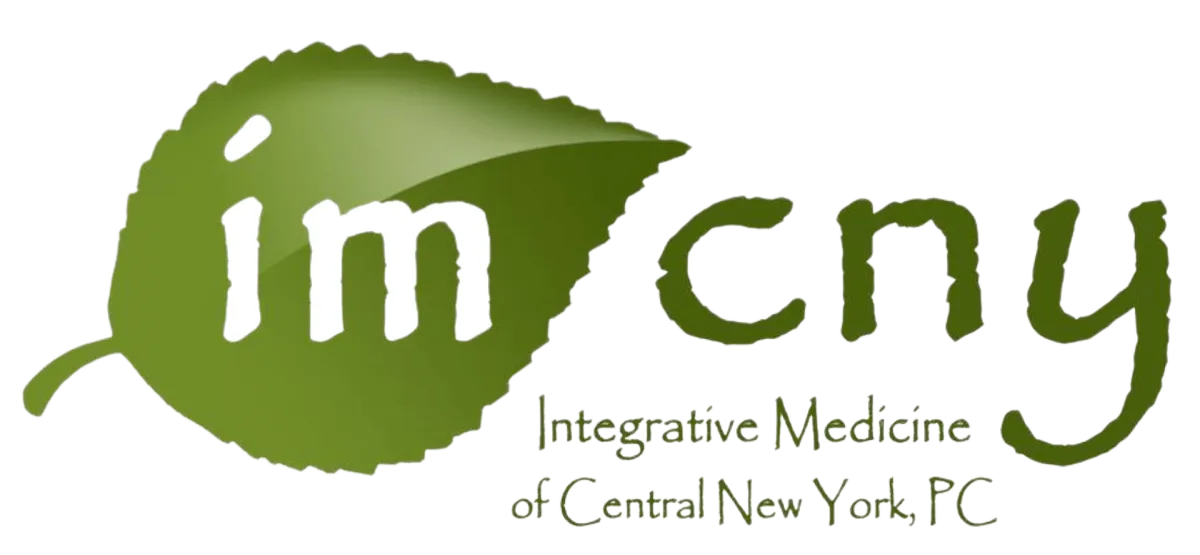Press
IM of CNY in the News

Lyme Coinfection Series – Toxoplasmosis
This is a continuation of our Lyme and coinfection series to help educate you. When we talk about co-infections, we refer to infectious bacteria transmitted simultaneously with Lyme via tick bite. Borrelia burgdorferi is a Lyme-causative bacteria, but it is not the only strain that ticks can carry. Some co-infections are more serious than others, and some become more serious when paired with others.
Overview
The name of the parasite that causes toxoplasmosis is Toxoplasma gondii (T. gondii). It is a tiny, single-celled organism. It can infect most animals and birds. Because it reproduces only in cats, wild and domestic felines are the parasite’s ultimate host. However, it can be passed through contact with cat feces, unwashed fruit, vegetables, or contaminated water.
Infection with T. gondii causes the disease toxoplasmosis in humans and animals. It may be familiar to you, as pregnant women are usually warned against cleaning kitty litter boxes for risk of toxoplasmosis. However, there are (limited) studies that indicate the potential role of ticks in the distribution of T. gondii. The evidence indicates that T. gondii is potentially an unrecognized tick-borne pathogen spreading toxoplasmosis, and that clinicians might consider toxoplasmosis in the differential diagnosis of tickborne diseases.
When a person becomes infected with T. Gondi, the parasite forms cysts that can affect almost any part of the body, often the brain and muscles, including the heart. If you are generally healthy, your immune system keeps the parasites in check. They remain in your body in an inactive state, providing you with lifelong immunity so that you cannot become infected with the parasite again. If your resistance is weakened by disease or medications, the infection can be reactivated, leading to serious complications.
Symptoms
If you are healthy, you probably would not know if you have contracted toxoplasmosis. Some people, however, develop flu-like signs and symptoms if they have a weakened immune system, and may experience headache, confusion, poor coordination, seizures, lung problems that resemble tuberculosis or fungal infection of the lung, or blurred vision caused by severe inflammation of their retina.
Testing
A doctor will typically perform a blood test, called a toxoplasma test, to check for antibodies to T. gondii. If you have ever been exposed to T. gondii, antibodies to the parasite will be present in your blood. If your antibody test is positive, then you have had toxoplasmosis at some point in your life. However, a positive result does not necessarily mean that you currently have an active infection. If your test comes back positive for antibodies, your doctor might do further testing. Testing for an active infection can involve looking for specific types of antibodies called IgM and IgG, which reach high levels in the blood in the weeks and months after infection.
Treatment
Most healthy people recover from toxoplasmosis without treatment, however, if toxoplasmosis is severe or occurs in a person with a weakened immune system, treatment is required. In rare cases, hospitalization is necessary. The medications that your doctor will typically prescribe are antiparasitics and antibiotics.
Finding an Expert in the Field
If your feel you may have toxoplasmosis or any tick-borne illness, and your health care provider is not knowledgeable about testing and treatment, contact Integrative Medicine of Central New York to schedule your initial consultation.
Dr. Puc has been trained in tick-borne disease and is knowledgeable and aware of current testing and treatment of Lyme disease and other coinfections such as toxoplasmosis. Contact the office for more information at (315) 741-5774.
This blog is part of our Lyme disease and coinfection series. Please be sure to check out the other blogs in our series, or subscribe to our newsletter for more information.
Resources:
https://www.cdc.gov/parasites/toxoplasmosis/treatment.html
https://www.healthline.com/health/pregnancy/infections-toxoplasmosis#occurrence
https://www.healthline.com/health/toxoplasmosis#takeaway
https://www.mayoclinic.org/diseases-conditions/toxoplasmosis/symptoms-causes/syc-20356249
https://www.verywellhealth.com/treatment-of-toxoplasmosis-4160994
https://pubmed.ncbi.nlm.nih.gov/27770758/
Are you searching for financing options to cover your medical treatments and procedures? Consider applying for the Advance Care Card.

Subscribe to Our
Newsletter and Updates
LOCATION
1386 State Route 5 West Suite 203
Chittenango, NY 13037
OFFICE HOURS
Monday: 8 am - 4 pm
Tuesday: 8 am - 4:30 pm
Wednesday: 8 am - 5 pm
Thursday: 8 am - 4:30 pm





